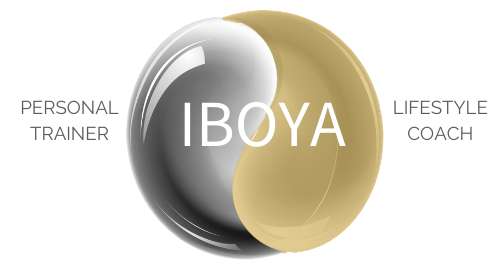
FOOD AS MEDICINE
Orthomolecular nutrition and medicine
What is Orthomolecular nutrition and medicine?
In 1968 the term ‘orthomolecular’ first used by Professor Linus Pauling. Orthos comes from the Greek and means: correct, straight or healthy, and orthomolecular stands for: concerning the molecules. The goal of orthomolecular nutritional medicine is to work with substances that the body can process and use without damage.
The role of nutrition
Centuries ago people used the knowledge that food can have a medicinal effect. Hippocrates (460-377 BC), for example, mentions several times the medicinal properties of food and Maimonides (1135-1204) uses the proposition that: ‘no disease that can be cured by diet should be treated by other means’. This idea lost interest when, from about 1850 onwards, surgery started to achieve ever greater results and after the Second World War antibiotics were developed as a powerful agent against infectious diseases. The influence of nutrition was seen as minor in addition to these very effective treatment methods.
More and more deficiency diseases were discovered at the beginning of the 20th century that could be cured by administering one vitamin. To give an example: it turned out that with vitamin C scurvy could be prevented and cured. From about 1960 it became increasingly clear that nutrition has more influence than just the occurrence of the typical deficiency diseases. A growing number of scientific studies show that there is indeed a non-negligible relationship between nutrition and diseases. It has now become clear that poor dietary habits and stress play a role in the development of cancer, cardiovascular disease and adult diabetes, for example.
Nutrition does not provide enough
In the orthomolecular treatment method, we strive to get as many necessary and useful nutrients as possible with the diet and to avoid and neutralize harmful substances. Even for a healthy person, it is nearly impossible to consume optimal amounts of certain nutrients through the diet. A well-known example is folic acid. Even in mainstream medicine, healthy women who want to conceive are advised to take extra folic acid. This reduces the chance that a child will be born with an open back.
In addition to a nutrition that is as complete as possible, it may be necessary to take in extra nutrients in the form of food supplements in order to prevent and treat diseases. Dietary supplements contain a high content of substances that also occur in the diet in smaller quantities. These are, for example, vitamins, minerals, amino acids, essential fatty acids or enzymes, but also, for example, the bioflavonoids.
In general, orthomolecular nutrition and nutritional supplements can be used without problems in addition to other regular medical treatments or, for example, homeopathy. Sometimes orthomolecular agents and regular medicines can influence each other. That is why it is important that a doctor, pharmacist or therapist is aware of what you are using.

